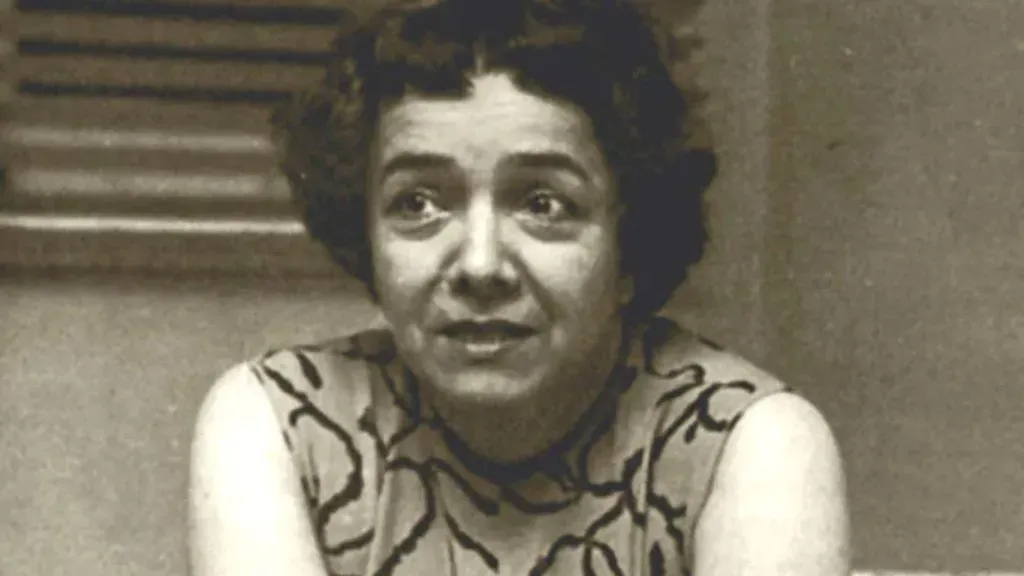“In Her Place” has garnered significant attention since the San Sebastián International Film Festival, and now that it has reached Netflix, it is expected to be one of the platform’s new foreign hits.
The the intriguing story of crime and drama centers around the life and controversial murder trial of María Carolina Geel, a writer known for her progressive ideas on women’s rights and female experiences.
The film directed by the talented Maite Alberdi features a cast that includes Elisa Zulueta and Francisca Lewin. This new psychological thriller was produced by Fábula, a well-known Chilean production company.
Is In Her Place based on real events?
Yes! The movie “In Her Place” is based on the book titled Las Homicidas, which has been written by Alia Trabucco Zerán and draws inspiration from the true story of the writer María Carolina Geel, who committed a murder in 1955.
The plot centers on her trial, seen through the eyes of Mercedes, a legal assistant who becomes obsessed with the case and Geel’s life, leading her to question her beliefs about the role of women in society.
Who was Maria Carolina Geel?
María Carolina Geel, whose real name was Georgina Silva Jiménez, was a Chilean writer born in Santiago in 1913 and passed away on January 1, 1996. She is not only known for her literary works but also for her involvement in a criminal case.
In 1955, she murdered her lover, Roberto Pumarino Valenzuela, at the Hotel Crillón, which resulted in her conviction and a three-year prison sentence. During her time in jail, she wrote one of her most notable books, “Cárcel de mujeres“, which explores the realities of life in prison for women.

Maria Carolina Geel (Source: Memoria Chilena)
Geel published various works of fiction and literary criticism. Her first novel, “El mundo dormido de Yenia”, along with other titles like “Extraño estío” and “Soñaba y amaba al adolescente“, reflect her interest in female interiority and the liberation of women in society.
Throughout her life, she maintained relationships with prominent literary figures, including Gabriela Mistral, who advocated for her pardon. To this day, she remains an important figure in Chile’s history.





